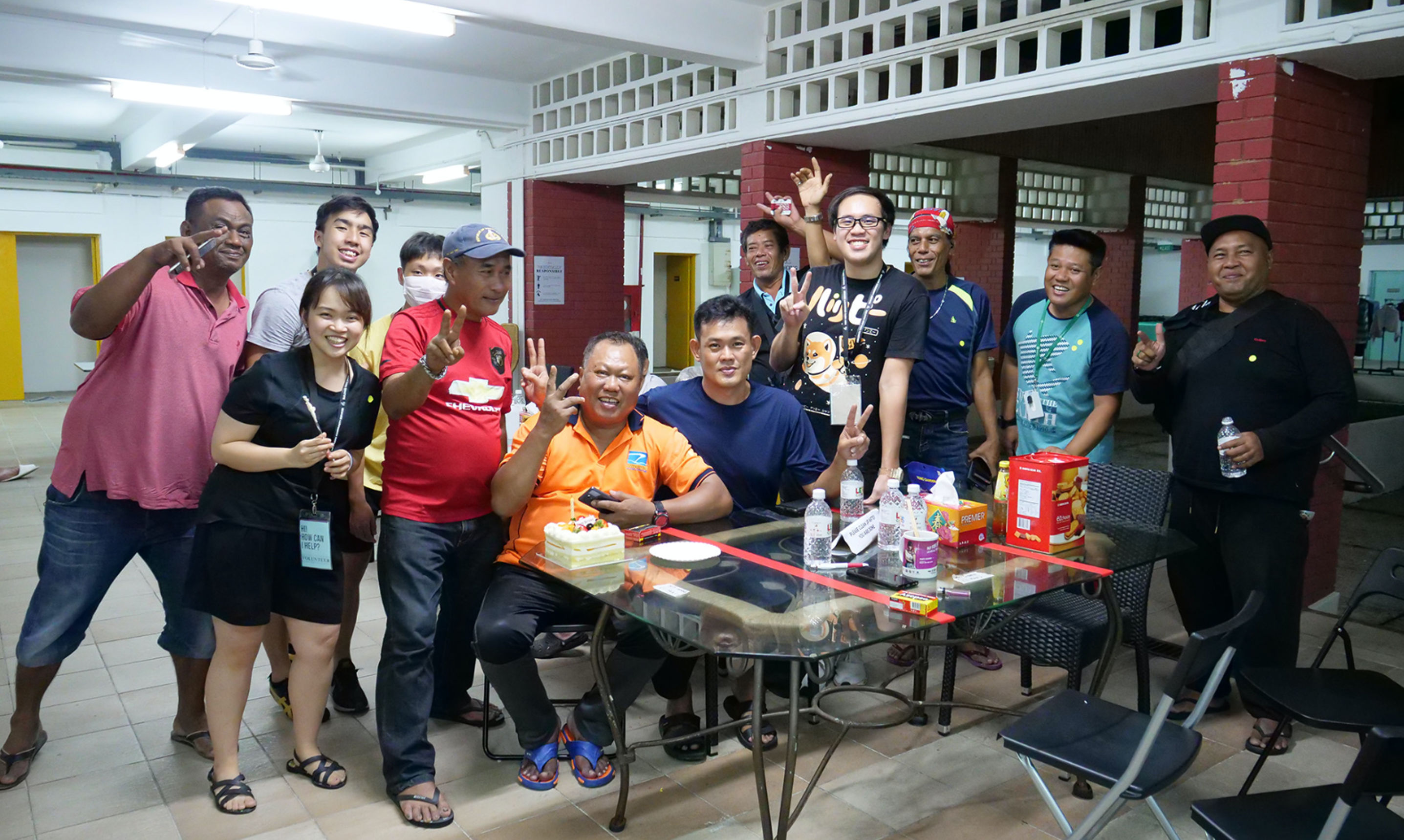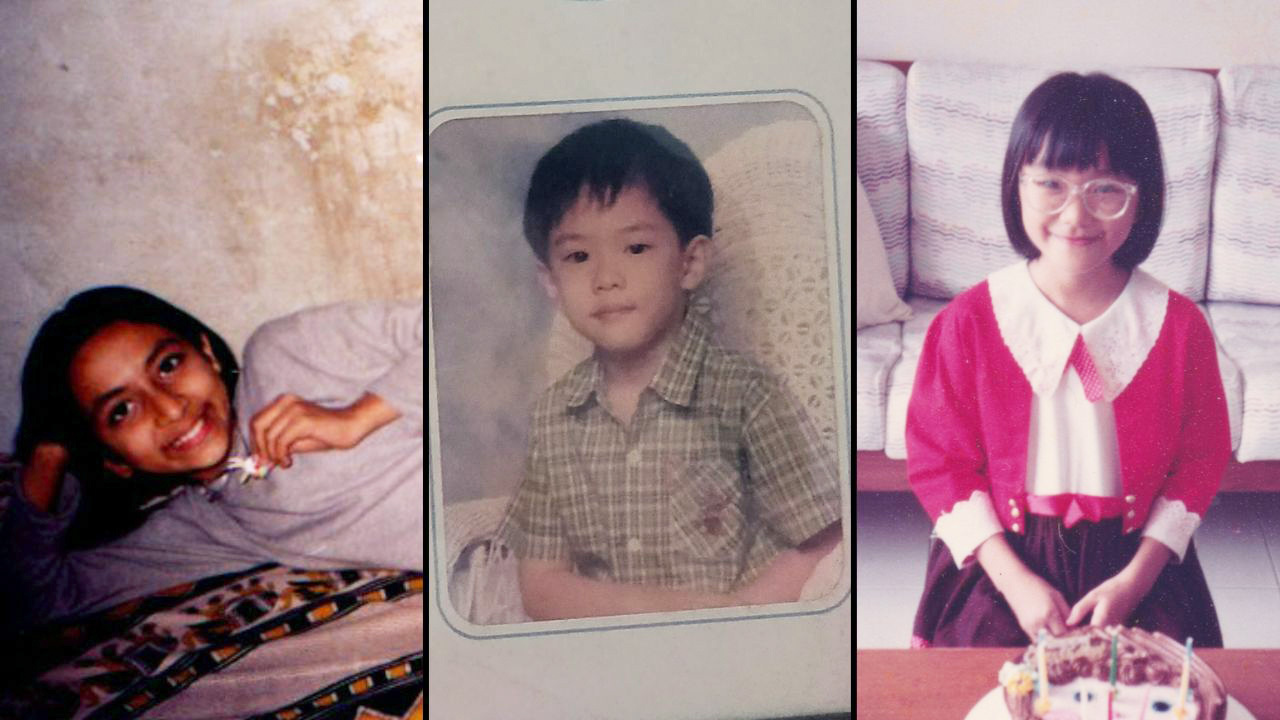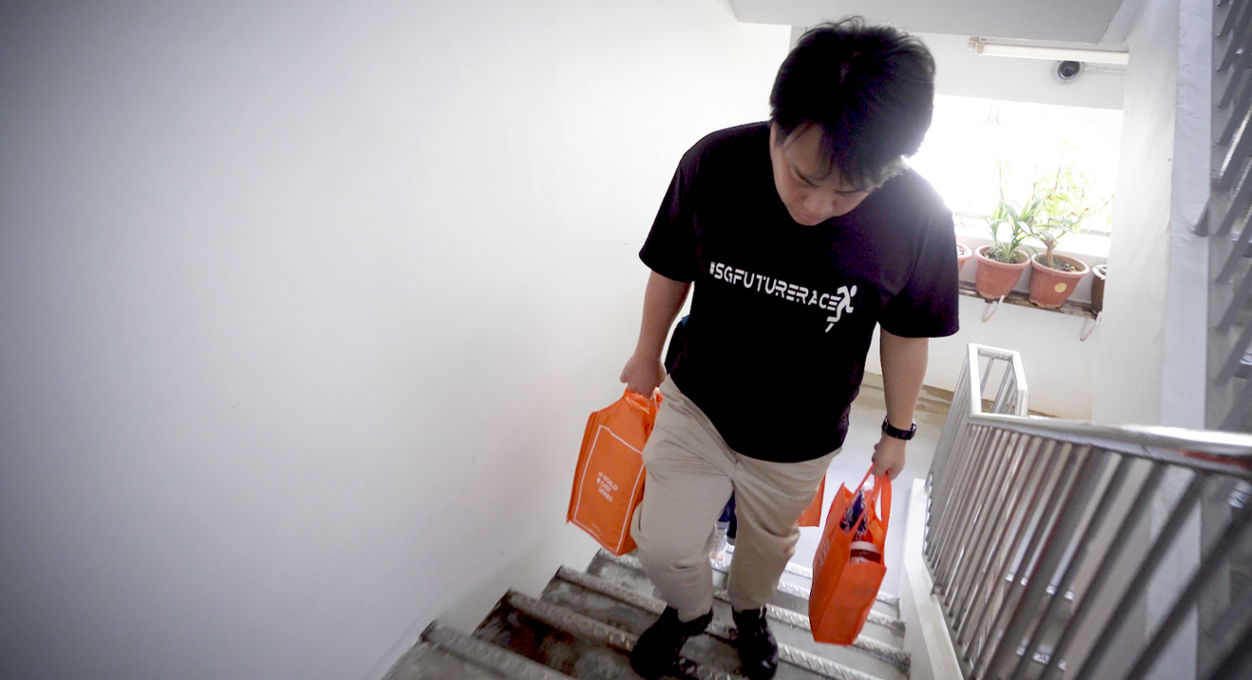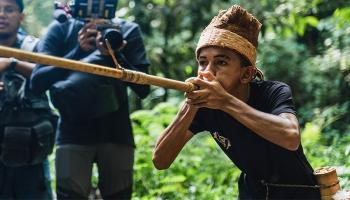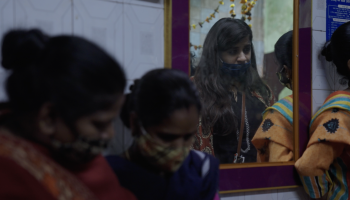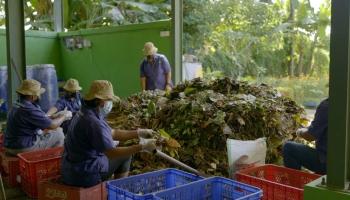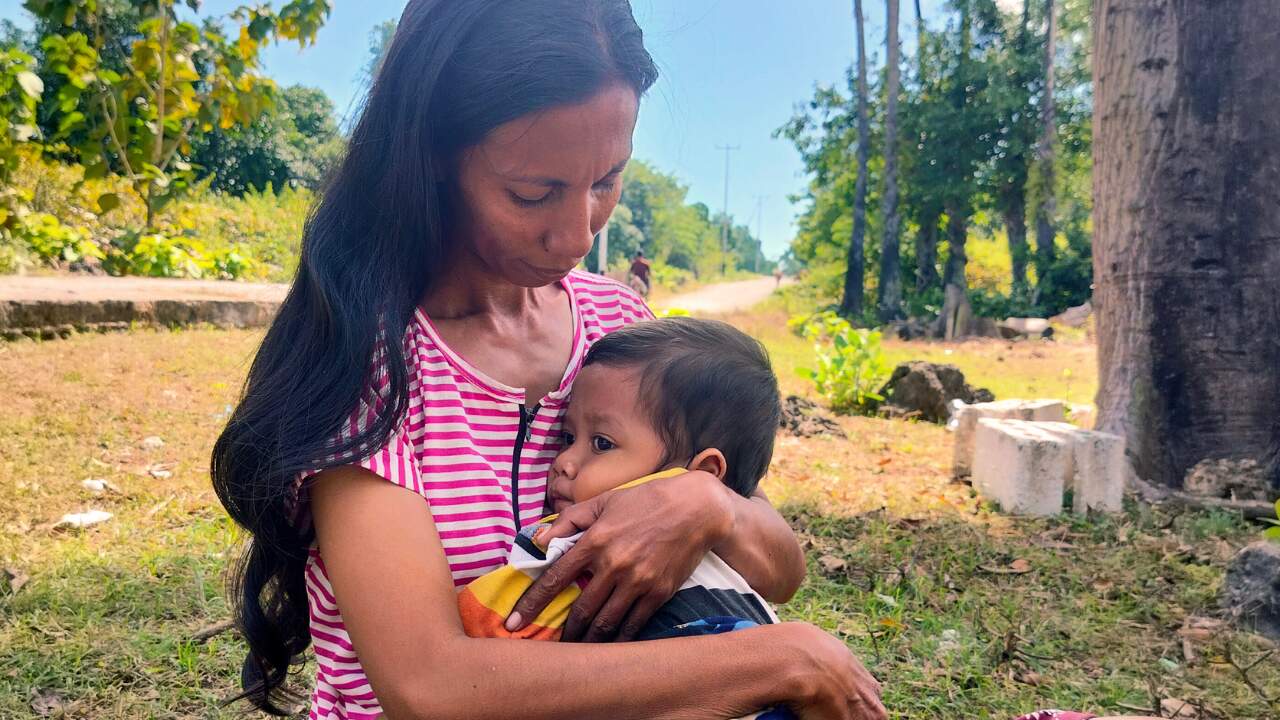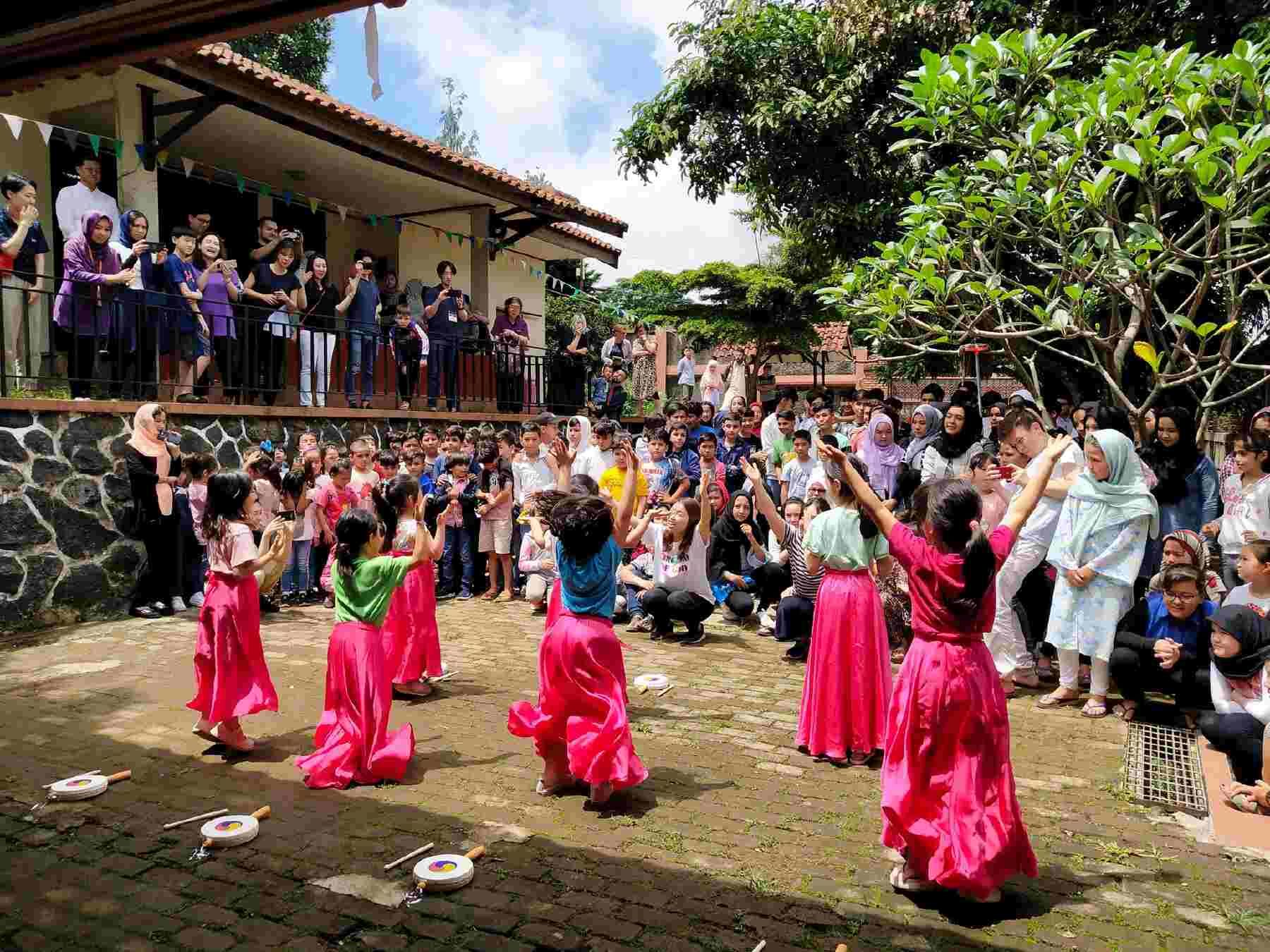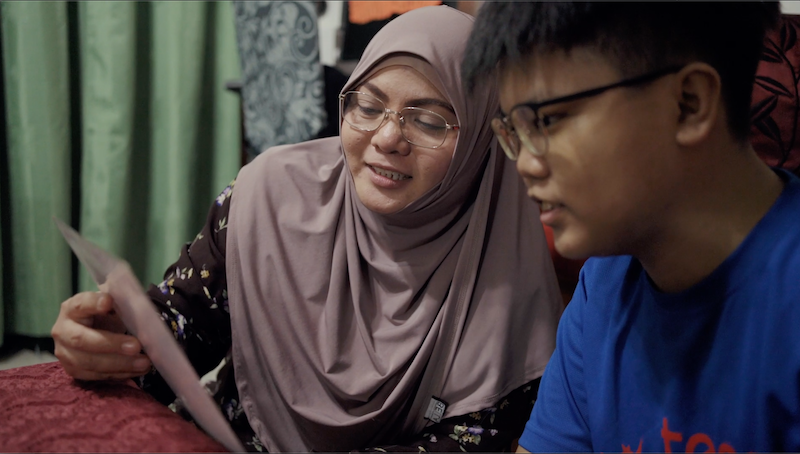DADC: Setting the Stage for Dancers with Disabilities
Bathed in a flood of camera lights, dancer Chen Wanyi stands poised. As she moves her limbs, her usual fluid grace is replaced by stiffness.
She’s trying to evoke her feelings of frustration at societal perceptions of body image. Wanyi has Down syndrome, which causes muscle atrophy.
She performs under Diverse Abilities Dance Collective (DADC), an inclusive dance company from Singapore for persons with disabilities (PWDs). It was founded by Kavitha Krishnan, a retired professional Bharatanatyam dancer who taught at Singapore’s Down Syndrome Association. There, she encouraged her students to watch performances by non-profit professional dance company Maya Dance Theatre (MDT), which she helms.
“June (a DADC founding member) asked, ‘How is it that all of you (able-bodied performers) can dance on good stages? Why can’t I?’,” she recounts. The question nagged at Kavitha, who felt that she could do more to give the disabled community agency. “The word ‘inclusion’ means inviting them to our world,” she explains.
It’s a notion that aligns with Singapore’s Enabling Masterplan 2030, a national holistic approach to empower PWDs to live fulfilling lives as integral members of society. It supports, among other things, levelling the playing field for PWDs through increased access and opportunities.
The latter, for DADC’s performers, transcends stage time. For instance, the dance company also nurtures their respective passions, such as Wanyi’s interest in fashion and make-up. She’s being groomed as an inhouse make-up artist, while another performer with an aptitude for choreography doubles up as their rehearsal master. Such roles allow the performers to express themselves and thrive as individuals, fostering the kind of social inclusion that Singapore is championing.
“The word ‘inclusion’ means inviting them [persons with disabilities] to our world.”
- Kavitha Krishnan, co-founder, Diverse Abilities Dance Collective.
Over the years, DADC has grown into a semi-professional outfit that has performed at corporate events locally as well as international arts festivals such as ‘Saarang’, a cultural festival held in Madras, India. Such gigs, according to Kavitha, place her dancers on an equal footing with abled performers.
“The dancers understand that they represent not just themselves on these international platforms, but also DADC and Singapore. When they travel, meet people and perform, you can see their confidence in knowing this fact,” shares Kavitha.
The performers typically travel without their caregivers. “We see them more as mature individuals and partners, rather than people we need to care for. The dimension shift is interesting,” observes Kavitha.
Among DADC’s rising talents is Wanyi, who in 2019, co-created a solo performance titled ‘Puffing Bodies’ with a German dance company. It was an experience that saw the performer participating in creative discussions. “She learnt to drop her shyness when connecting with strangers and hold a conversation. She also understood that practice is important in the professional space, and there are no compromises,” shares Kavitha.
Wanyi is an embodiment of what DADC is trying to achieve. Besides honing essential skills such as balance and coordination, the 35-year-old has also learnt to better express herself. It’s a stark contrast to the reserved and passive young lady who Kavitha took under her wing.
Shahrin Johry, MDT’s principal dancer, has noted this change. “Instead of someone speaking on their behalf, they are speaking for themselves.” He believes in rallying behind the disabled community’s participation in society. “To those who say that PWDs aren’t able to meet expectations, I’d argue that Singapore values inclusivity. Even our pledge — which mentions standing united regardless of race, language or religion — reflects our drive to be democratic and accepting of everyone,” asserts Shahrin.
This is something every Singaporean can aspire to. With wider society supporting initiatives such as DADC — whether by volunteering, donating, or engaging them as performers — the vision of standing together as one united people can become a reality.
DADC performers bear testament to this impact — their newfound confidence has nurtured some of them into co-trainers under ELEVATE, DADC’s dance programme for PWDs. Once passive participants, they now actively shape the class curriculum.
“I wanted to be more like an adult, instead of just doing childish things,” shares Wanyi. “At DADC we have a lot of opportunities. Like how to be a good role model to others.”
About Diverse Abilities Dance Collective (DADC)
Contributors
Producer & Writer & Director
Camera
Elliot Sng
Sound
Derrick Heng
Editor
Huda Azzis
Executive Producer



